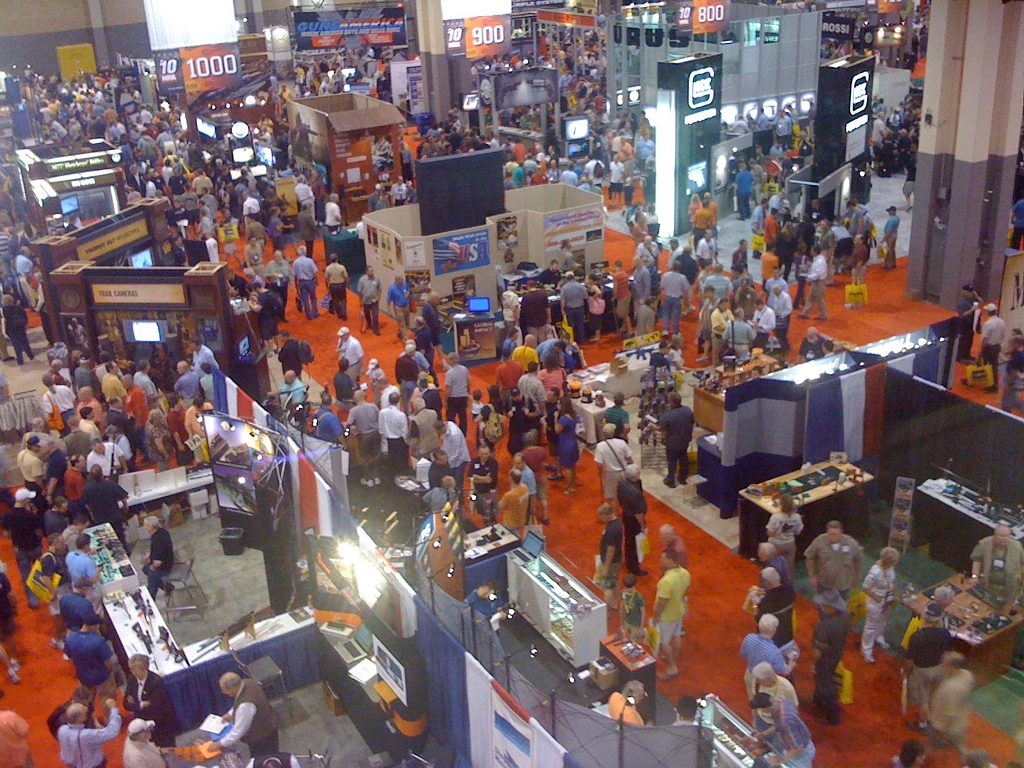I tend to agree with Glenn Reynolds that it’s pretty much economics. For me, the economics are being quite late settling down, and no longer having the spare income to save for a kid’s college fund. Looking back, I’m kind of amazed by parents managed to raise two kids, a dog, and a cat, on a single income. My dad worked, and my mother was a stay at home mom. Given my current difficulty maintaining a childless household with a single income, I don’t honestly know how they did it. But when it comes to the benefits of parenting:
He’s clearly right about the economics. Children used to provide cheap labor, and retirement security, all in one. Now they’re pretty much all cost and no return, from a financial perspective.
My parents were believers in the cheap labor part. I think I had more to do as a kid, than kids growing up today. Not all of it was hard labor, but it sometimes it was dangerous by today’s standard. As a fairly young kid, under 13 for sure, I was out crawling around on our roof and scaffolding, helping my mom and dad put vinyl siding on the house. There was always a project in the works. I would often use power tools, though there were some I could not use without supervision, and some I could not use at all (and the ones I couldn’t use at all, I own now. Take that Dad!). As a fifteen year old, I was called on to rewire some outlets in my grandmother’s house. I could do that on my own by that age.
These days I’m pretty sure if you had your 11 or 12 year old kid crawling around on a roof or scaffolding doing manual labor, or working with electrical circuits, if they didn’t come after you for child abuse, the neighbors would certainly frown on you as a horrible parent. I hated having to help out as a kid, but now that I own my own home, it’s saved me a tremendous amount of money, because there’s not much I don’t know how to do in a house. Furnace stops working at 3AM? Thermocouple? Have a spare of those. Leaking auto vent? Keep them on hand too. Power head on the zone valve? Can get it in 24 hours from Amazon Prime. I will also never be one of these kids you see on the side of the road, with a roadside assistance guy changing their flat tire for them. There is a pride in not being dependent on someone else for every little thing that goes wrong in life. Which brings me back to Prof. Reynolds:
But in recent decades, a collection of parenting “experts” and safety-fascist types have extinguished some of the benefits while raising the costs, to the point where what’s amazing isn’t that people are having fewer kids, but that people are having kids at all.
It has crossed my mind that the the kind of expectations that existed for me are looked down upon these days as bad parenting. I agree with Glenn that society has made parenting seem unattractive. For us, it’s pretty much economic. Bitter being a the better part of a decade younger than me gives us a little more time. If our household economy turns around, maybe. As for the other problems? Well, I can’t get up on ladders anymore, and kids generally love that kind of thing, “So get up there boy, and clean out those gutters. I don’t care how much what’s in there is gross!”
But hey, if I decide to complete the transformation into my own father, the kid will get a sip of my beer when it’s all done (which he’ll promptly wince at). (Don’t worry Dad, I’m sure there’s a statute of limitations on that kind of thing).



